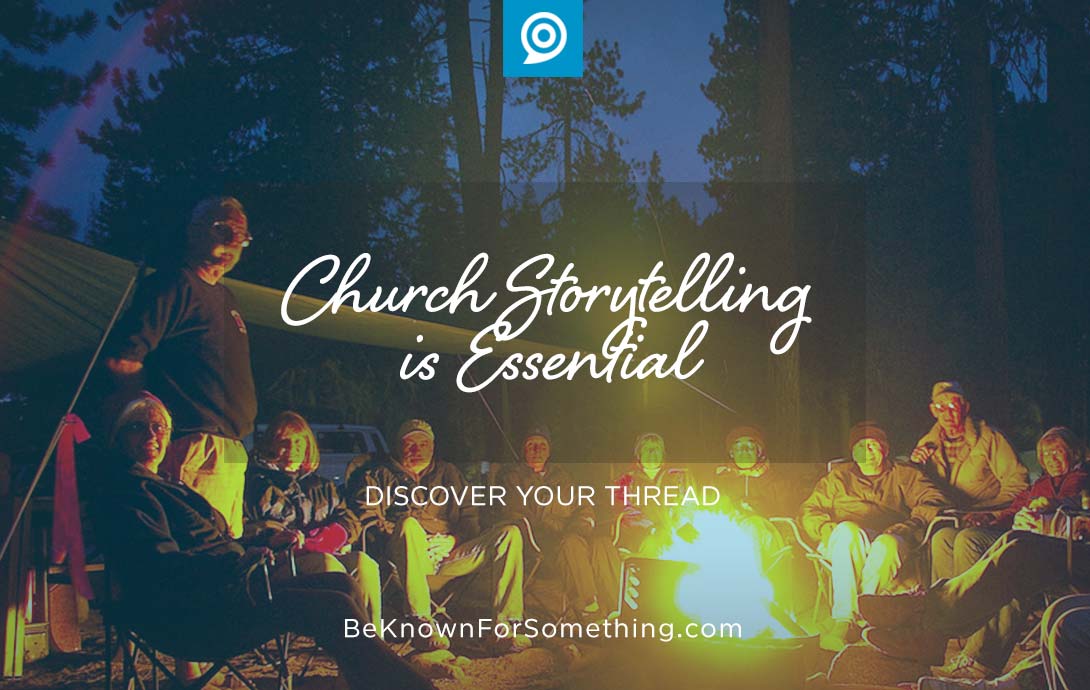Church Storytelling is Essential

When my mother was diagnosed with cancer, I remember walking around in a haze. It rocked my world, and every task was clouded by the realization that she was terminally ill.
I walked by people and wondered if they knew my personal turmoil. People I dealt with at restaurants and retail stores didn’t seem to treat me differently, yet somehow I expected them to know that I needed special care because of the emotions that lay just below the surface.
People can have enormous burdens, yet many won’t notice. Even for amazingly good news (winning an award, getting a promotion, having a baby, etc.) it’s the same. Unless you say something, most people won’t know. That’s why effective communication is so important!
The church, likewise, exists in a community that has no idea what’s happening (good or bad) inside our doors. And if they don’t know, they can’t care or even know what they’re missing.
In fact, the more I work with churches, the more I realize that huge events (that the church leadership thinks their congregation is fully aware of) are rarely on the member’s radars.
How do we solve this? How do we introduce ourselves back into the community? Or remain relevant in our members’ lives?
We need to get good at storytelling. We need to tell the right stories.
Stories of why God is important in our lives. Stories of faith and provision. Stories of love and mercy.
How do we do this effectively? Here’s 3 foundational elements to start:
- Decide what unique theme will run through your stories. This will help identify what you’re known for. The big difference between you and others who tell stories. Ensure it speaks to a need or concern in your audience. People seek solutions, so they’ll be drawn to your stories.
- Have a process or mechanism to collect the stories. Stories don’t get submitted unsolicited. Purposely reach into people’s lives and help them shape their story. Watch social media for the foundation of a faith story. Interview people or consciously encourage Pastors to collect stories along with the permission to tell them.
- Tell them. Use them for sermon illustrations rather than contrived ones from the internet or illustration books. Lead with a great, edited story on your website or in your social media. Commit to sharing stories so that they’ll tell a greater story of Jesus. Create a rhythm for sharing them.
People listen to stories. It’s been said that the person who tells the best stories gets the best seat at the campfire. Let’s use storytelling so that we have the best seat in our community again.
Want 25 Game-Changing Resolutions?
Related Posts

Church Branding: Why Every Church Is Known for Something
Everyone is known for something, including your church. This is the heart of church branding. The real question isn’t whether

Church Welcome Video Tips Every Pastor Should Use
Your church welcome video is often the first message people experience before they ever step into your building. Long before

Church Member Communication: 5 Essential Strategies
When someone decides to join your church, your communication becomes more than information; it becomes discipleship. Too often, well-meaning churches

